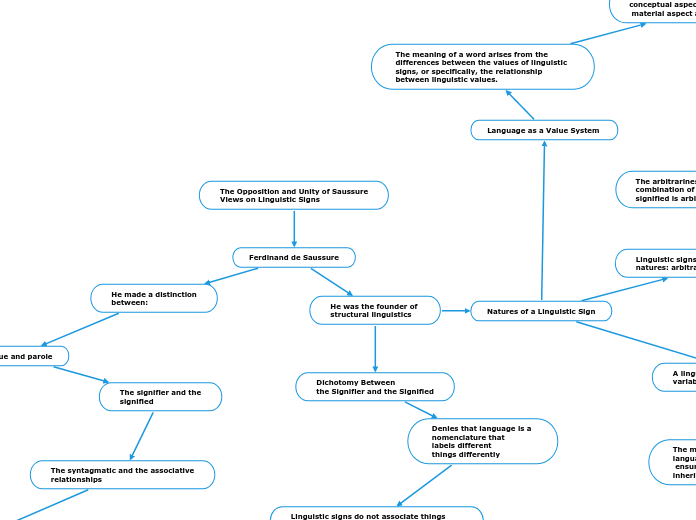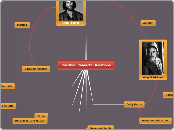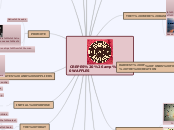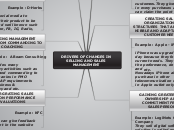The Opposition and Unity of Saussure
Views on Linguistic Signs
Ferdinand de Saussure
He made a distinction
between:
Langue and parole
The signifier and the
signified
The syntagmatic and the associative
relationships
Synchronic and
diachronic linguistics
He was the founder of
structural linguistics
Natures of a Linguistic Sign
A linguistic sign is both invariable and variable
The mixture and communication of language users of all ages
ensure the coherence of language inheritance
Linguistic signs have two important natures: arbitrariness and linearity
The arbitrariness means that the combination of a signifier and a
signified is arbitrary
Linearity, which means when linguistic signs are used, they are strung in a
linear way
Language as a Value System
The meaning of a word arises from the differences between the values of linguistic signs, or specifically, the relationship between linguistic values.
The value of linguistic signs in terms of conceptual aspect,
material aspect and the sign as a whole
In a given language, all the words which express neighboring ideas help define
one another’s meaning
The language system is a value system which combines sounds and concepts.
Dichotomy Between
the Signifier and the Signified
Denies that language is a
nomenclature that
labels different
things differently
Linguistic signs do not associate things
and names, but concepts and sound images
Signifier and the signified
indicates the duality
and composability of a
linguistic sign









